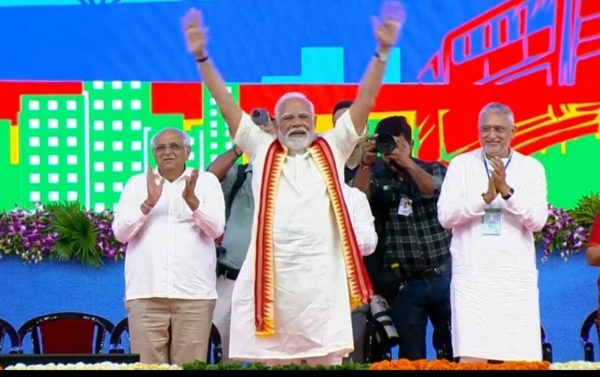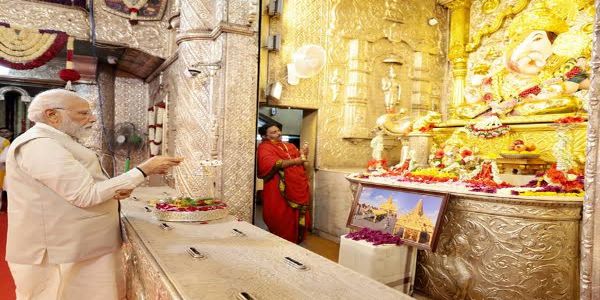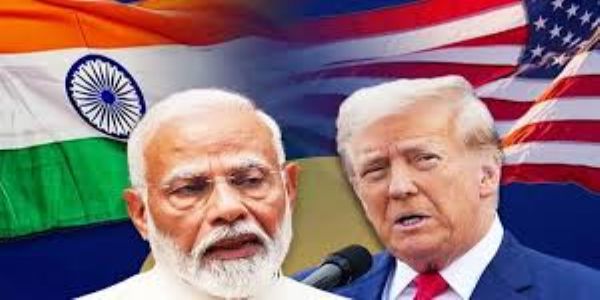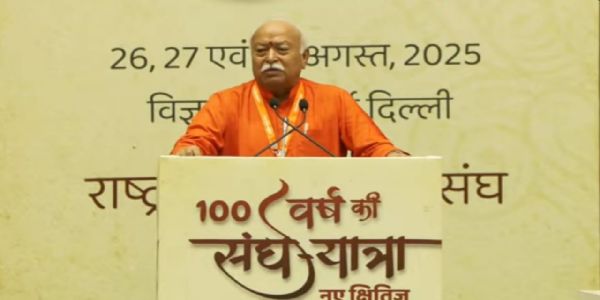
Hansalpur(Gujarat),August 26, (HS): In a landmark step that places India firmly on the global electric mobility map, Prime Minister Narendra Modi will inaugurate two historic milestones at Suzuki Motor Corporation’s facility in Hansalpur, Ahmedabad today — the rollout of Suzuki’s first global Battery Electric Vehicle (BEV), the Made-in-India ‘e VITARA’, and the launch of localized production of hybrid battery electrodes at the TDS Lithium-Ion Battery Plant.
The dual initiatives mark a powerful stride in the government’s twin vision of ‘Make in India’ and ‘Aatmanirbhar Bharat’, positioning India not only as a manufacturing hub for EVs but also as a self-reliant ecosystem for green energy innovation.
Suzuki’s First Global EV Exported from India
The highlight of the day will be the ceremonial flagging off of the e VITARA, Suzuki’s first globally strategic electric SUV. Entirely manufactured in India, this milestone vehicle will not only serve domestic demand but will also be exported to over 100 countries worldwide, including advanced markets like Japan, Europe, and Australia.
This move cements India as Suzuki’s global manufacturing hub for electric vehicles, symbolizing how Make in India has matured into a model of international competitiveness, innovation, and environmental responsibility.
Battery Ecosystem Boost: Aatmanirbharta in Green Energy
The Prime Minister will also inaugurate the next transformative phase in India’s clean energy journey — the start of localized production of hybrid battery electrodes at the TDS Lithium-Ion Battery Gujarat plant, a joint venture between Toshiba, Denso and Suzuki.
With this development, India will now locally manufacture over 80% of the battery value chain, reducing dependence on imports and fostering indigenous expertise in advanced clean-energy technologies. This is a major leap toward energy security, sustainable manufacturing, and cost competitiveness in EV production.
A Landmark Moment for India’s Future
Together, these milestones underline India’s determination to emerge as a global hub for green mobility, aligning with international climate goals while opening new doors for domestic job creation, technological collaboration, and industrial strength.
By hosting Suzuki’s first electric global export model and simultaneously securing the domestic battery value chain, India has transitioned from being a market for global innovations to becoming the factory of the world’s green future.
PM Modi launched, dedicated, and laid the foundation stone for a slew of development works worth ₹5,400 crore in Ahmedabad yesterday, reinforcing Gujarat’s role as a driver of India’s infrastructure, industry, and self-reliance.
During his address, the Prime Minister invoked the legacy of Gujarat’s two “Mohans” — Dwarkadhish Shri Krishna, the Sudarshan Chakra bearer, and Mahatma Gandhi, the Charkha bearer — stating that modern India is drawing strength from both traditions: safeguarding the nation through firm action against terrorism and empowering its people through Swadeshi and Aatmanirbharta.
PM Modi inaugurated railway and connectivity projects worth over ₹1,400 crore, new power distribution networks, housing projects for the urban poor, and urban infrastructure upgrades including roads, underpasses, and the Sardar Patel Ring Road expansion. He highlighted Gujarat’s transformation into a manufacturing powerhouse, from metro coaches and locomotives to aircraft components and electric vehicles, adding that tomorrow he would inaugurate a landmark electric vehicle project at Hansalpur.
He stressed his government’s commitment to uplifting farmers, small entrepreneurs, dairy and livestock rearers, as well as the emerging middle class, announcing reforms in GST, income tax relief up to ₹12 lakh, and festive savings through PM Surya Ghar Muft Bijli Yojana.
Calling Ahmedabad a city once mocked as “Gardabad” but now celebrated as a UNESCO World Heritage City and global cultural hub, Modi said the city’s transformation symbolises the new face of India. Urging citizens to celebrate festivals with Made-in-India products, he assured that whether it was industry, agriculture or tourism, Gujarat was charting the course for India’s future as a developed nation.
---------------
Hindusthan Samachar / Jun Sarkar








